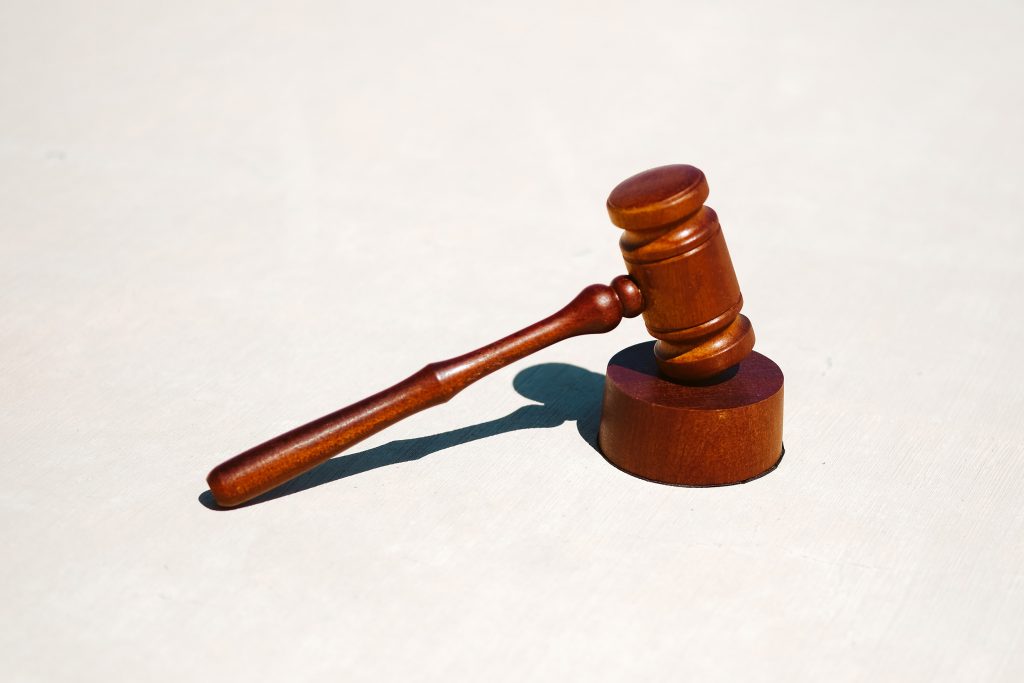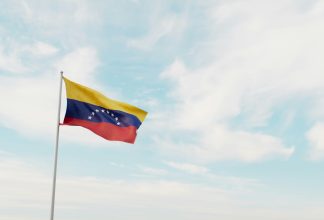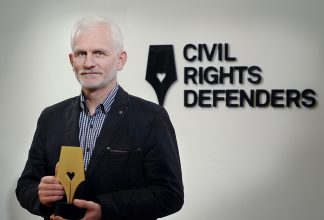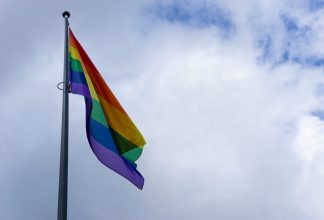Statement: Urging U.S. Attorney General to Direct Lafarge Asset Forfeiture to Benefit Victims and Survivors

Joint Civil Society Statement Urging U.S. Attorney General to Direct Lafarge Asset Forfeiture to Benefit Victims and Survivors.
The undersigned organizations and individuals—with representation from Syrian, Yezidi, American, and international victims’ and survivors’ associations and civil society organizations—urge the U.S. Attorney General to abide by Department of Justice policy and ensure that the forfeited assets from its landmark criminal case against Lafarge S.A. and Lafarge Cement Syria S.A. are earmarked to benefit victims and survivors of underlying atrocity crimes linked to Syria.
In October 2022, the French building materials manufacturer Lafarge S.A. and its Syrian subsidiary pled guilty to conspiring to provide material support to terrorist organizations. Lafarge admitted to making payments to the Islamic State of Iraq and al-Sham (ISIS) and al-Nusrah Front (ANF) from 2013 to 2014 to continue operating a cement plant in Jalabiya in Northern Syria. Lafarge’s payments enabled ISIS and ANF to implement their rule of terror and carry out atrocity crimes in Syria, as well as Iraq, making the company complicit in victimizing Syrian, Yezidi, and other communities. As part of the plea agreement, Lafarge paid the U.S. government a $90.78 million criminal fine and a $687 million forfeiture. We understand that the forfeited assets were deposited into the U.S. government’s Assets Forfeiture Fund in November 2022.
Communities affected by crimes in Syria—including those harmed by ISIS and ANF’s grave violations of international law and those living under their control—have no access to effective remedy in Syria. Displacement, ongoing conflict, and other circumstances limit victims’ ability to recover from the violations they have suffered, while procedural, jurisdictional, and logistical hurdles routinely prevent victims and survivors from accessing the reparative and remedial measures they are rightfully owed.
The Lafarge plea agreement offered a sliver of hope that affected communities may receive long overdue support, guided by their input, to enable their recovery. We are gravely concerned that the Lafarge forfeiture will be retained by the Department of Justice and used for general U.S. Government use, unconnected to victims of Lafarge’s activities and ISIS and ANF violations originating in Syria. We strongly urge U.S. Attorney General Merrick Garland to use his expansive statutory discretion to earmark the Lafarge forfeiture for the benefit of victims and survivors who were impacted by atrocity crimes linked to Syria.
The return of forfeited assets to victims is a “primary goal” of the Department of Justice, and according to the applicable U.S. law and policy, the Attorney General has broad discretion to earmark the Lafarge asset forfeiture for the benefit of underlying victims and survivors. The United States also has an obligation as a matter of international law to take appropriate steps to ensure access to remedy for human rights abuses that are subject to their jurisdiction.
While we acknowledge the logistical hurdles involved in supporting victims abroad, creative solutions can help overcome these challenges. Attorney General Garland has previously used his broad discretion to pursue “creative solutions” to transfer forfeited Russian assets for the benefit of the Ukrainian people. Here, he can invoke the same discretionary powers and pursue creative solutions to earmark the Lafarge assets to benefit victims and survivors.
Victims, survivors, and affected communities should play a key role in determining how the $687 million Lafarge forfeiture funds will be used. Efforts are underway to consult with victim and survivor associations and civil society groups to understand how funds collected by States as a result of violations linked to Syria, including the Lafarge forfeiture, could be directed to support victims and best address their needs. In addition, pathways for distributing such funds are being explored. More work needs to be done to understand victims’ and survivors’ needs and preferences, and to develop mechanisms that address them. In the meantime, the Attorney General should earmark and preserve the Lafarge funds to benefit victims and survivors of serious international law violations originating in Syria.
No state should profit from international law violations in Syria. Assets forfeited as a result of prosecutions linked to such violations should be used to help the underlying victims and survivors, whose needs remain significant. Nearly eighteen months have passed since Lafarge’s forfeited funds were deposited into the Assets Forfeiture Fund. The window of opportunity to earmark the Lafarge forfeiture is quickly closing. Pursuant to Justice Department policy, and in accordance with U.S. obligations under international law, we strongly urge the Attorney General to immediately use his discretion to allocate the Lafarge forfeiture for the benefit of victims and survivors.
Sincerely,
Organisations:
Adra Detainees Association
al Ahd Organization
Amal Healing and Advocacy Center
Amnesty International
Association of Detainees and the Missing in Sednaya Prison
Bassmet Wattan Center
Baytna
Caesar Families Association
Center for Justice & Accountability
Citizens for Secure and Safe America
Civil Rights Defenders
Coalition of Families of Persons Kidnapped by ISIS (Massar)
Corporate Accountability Lab
Dawlaty
The Day After
Do Not Suffocate Truth Campaign
Families for Freedom
Families of Truth and Justice
Free Yezidi Foundation
General Union of Internees and Detainees
Global Survivors Fund
Hevdesti-Synergy Association for Victims
Impunity Watch
Jawab
Observatory of Political and Economic Networks
REDRESS
Release Me
Stichting Syrian Female Journalists Network
Syrian American Council
Syrian British Consortium
Syrian Feminist Lobby
Syrian Feminist Society
Syrian Forum
Syrian Legal Development Programme
Syrian Women’s Political Movement
Taafi initiative
The Tahrir Institute for Middle East Policy
The White Helmets
Women Now for Development
Yazda
Yazidi Legal Network
Individuals:
Amal Al Nasin, Syrian lawyer
Ayman Alhaddad, Journalist and television director, member of Truth and Justice Charter
Rula Asad, Journalist and researcher
Rima Flihan, Writer, human rights activist, and feminist
Muhammad Bakr Ghbeis, Board Member of Citizens for a Secure and Safe America
Qutaiba Idlbi, Senior Fellow, Syria – Atlantic Council
Lama Ismail, Researcher and analyst
Tarek Jabir, Engineer
Mariam Jalabi, Representative of the Syrian National Coalition to the UN, Co-Founder of the Syrian Women’s Political Movement
Sema Nassar, Human rights defender
Ibrahim Olabi, Barrister – Guernica 37
Joumana Seif, Legal Advisor & Nonresident Senior Fellow, Atlantic Council Strategic Litigation Project


